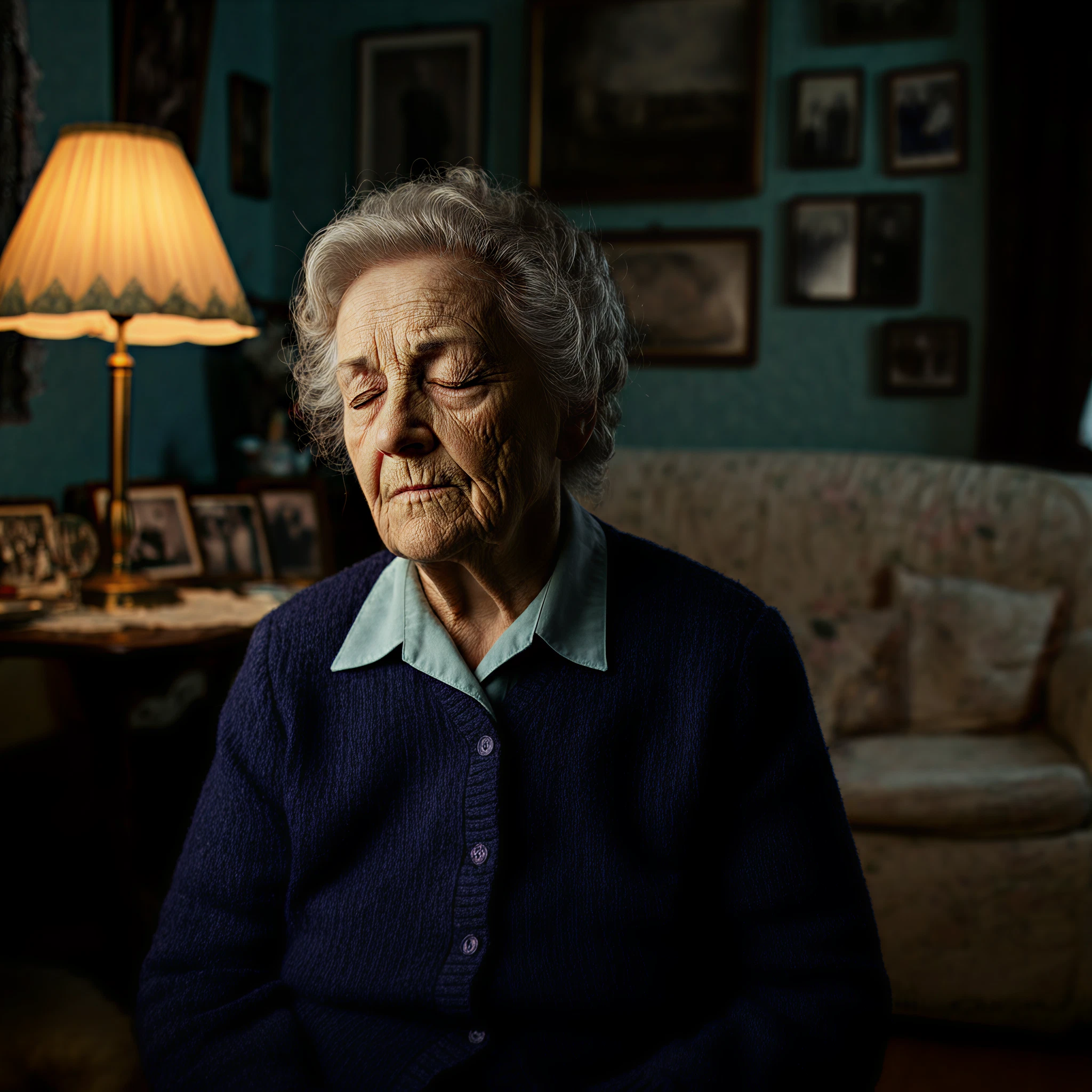Sleep plays a vital role in health and overall well-being, particularly as we age. A recent study has found that increasing sleepiness could be linked to a higher risk of developing dementia, particularly among older women. This critical discovery sheds light on the importance of attentive care and monitoring sleep patterns during the aging process.
The Connection Between Sleep and Dementia
Emerging research connects excessive daytime sleepiness and changes in sleep patterns to cognitive decline. Sleep disturbances in older adults, such as insomnia or excessive naps during the day, might serve as early indicators of neurological conditions. The study emphasizes that for older women, increasing daytime sleepiness could be more than just a quality-of-life challenge; it could signal an elevated risk of dementia.
Dementia, including Alzheimer’s disease, is marked by progressive cognitive decline that affects memory, problem-solving, and everyday functioning. The link between daytime sleepiness and brain health gives healthcare professionals and caregivers an actionable area of focus to observe and address.
What Did the Study Reveal?
The study followed older women over several years and examined their reported sleepiness levels. Key findings include:
- Increasing sleepiness over time was associated with a greater likelihood of developing dementia.
- Women who experienced excessive daytime drowsiness or sudden changes in sleep behaviors were more at risk.
- While sleep disturbances can happen naturally with aging, this link pointed out symptoms that might be preventable or manageable if addressed early.
Why Is Sleep Essential for Brain Health?
Quality sleep plays an important role in brain restoration. During sleep, the brain flushes out toxins and processes memories. Disrupted sleep or excessive daytime sleepiness may interfere with this natural “housekeeping” process, potentially leading to an accumulation of harmful proteins associated with dementia.
Factors such as stress, chronic illness, and inconsistent sleep routines could worsen sleep in older women, increasing the risk of cognitive decline.
Implications for Healthcare Professionals and Caregivers
For healthcare providers and caregivers, this study highlights the need for early intervention strategies. By monitoring sleep patterns and promoting healthy habits, it may be possible to reduce dementia risks.
Here are a few actionable steps to consider for older women experiencing sleepiness:
- Track Sleep Patterns: Use sleep diaries or wearable technology to monitor sleep quality and duration.
- Seek Evaluation for Sleep Disorders: Conditions like sleep apnea or restless leg syndrome may contribute to excessive sleepiness and should be treated promptly.
- Promote Consistent Sleep Routines: Encourage a set sleeping and waking time, optimize bedroom environments, and limit screen time before bed.
- Consult Healthcare Professionals: Daytime drowsiness shouldn’t be ignored. Speak with a doctor to rule out any underlying physiological or neurological causes.
Prevention and Lifestyle Adjustments
Although the connection between sleepiness and dementia may sound concerning, it is also empowering. Recognizing the signs early provides opportunities to implement lifestyle changes that can help mitigate risks. These can include:
- Regular physical activity
- A balanced diet rich in nutrients to promote brain health
- Social engagement to keep the mind active
- Brain exercises like puzzles or learning new skills
Final Thoughts
This study linking increasing sleepiness to a higher dementia risk among older women gives us a valuable window into early intervention. Prioritizing high-quality sleep as part of healthy aging for women may significantly impact long-term brain health.
If you or someone you care for is experiencing unusual sleepiness during the day, consider seeking professional advice. Together, we can take proactive steps toward healthier aging and reduced dementia risks.








